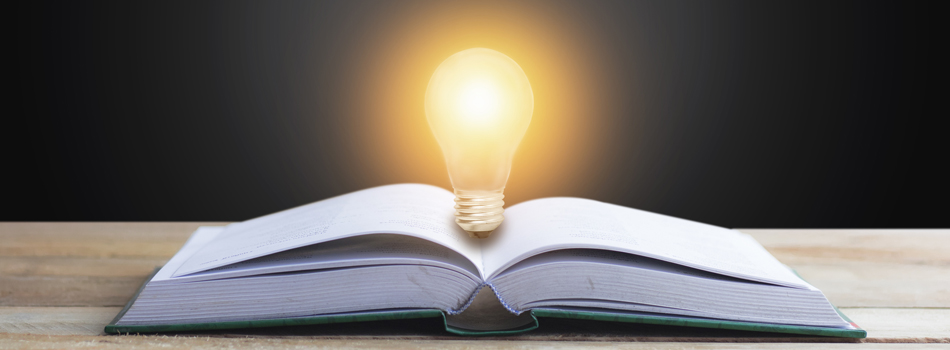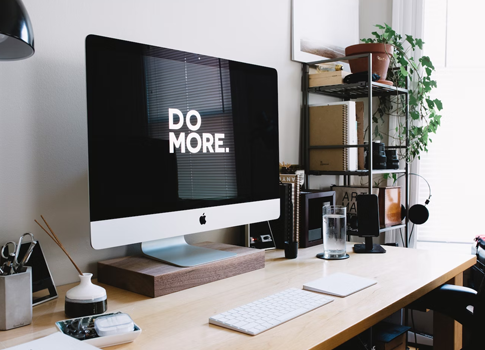What gets behave’s brain buzzing? Our team share their favourite behavioural books and authors for world book day, so if you’re struggling on what to read next, look no further!
Predictably Irrational by Dan Ariely
Starting off with none other than Dan Ariely’s Predictably Irrational. This is a firm favourite of Will Hanmer-Lloyd’s, he remembers it fondly as the book that really kickstarted his interest in behavioural science:
“Predictably irrational by Dan Ariely was the book that first started my interest in behavioural science. He manages to combine being a smart insightful researcher whilst also being an engaging, funny and interesting writer. As such I would recommend it to anyone as a good first book in this area to get their interest going.”
Influence by Robert Cialdini
Another behavioural book recommended by our strategist Steph Watson is Robert Cialdini’s book, Influence. Steph remembers this book as being the ‘lightbulb’ for her moment during university:
“I read this book while studying for my degree in Psychology and will always remember it as the lightbulb moment where I knew I wanted to specialise in a career applying behavioural science to advertising. It’s a classic book on persuasion and explains the psychology of why people say “yes”. I loved reading about various social experiments investigating human decision making biases, they really cut through to me as I recognised them in my own behaviour. Overall a great book for anyone new to the field of behavioural science!”
Misbehaving: The Making of Behavioral Economics by Richard Thaler
Lea Karam, a consultant at behave, describes Misbehaving: The Making of Behavioral Economics by Richard Thaler as highly enlightening and the book that cultivated her interest in applying psychology to economics:
“This book cultivated my interest in applying psychology to economics. I recommend this book to anyone who is looking to learn more about how human unpredictability often refutes the rational decision-making process painted by traditional economists. I really love how the author throws in anecdotes and keeps the reader entertained, whilst impactfully communicating the power behavioural economics has had in business and society throughout the years, and the current necessity for organisations to focus on humans, rather than rational agents, in order to flourish.”
Thinking Fast and Slow by Daniel Kahneman
Another favourite of the team was Daniel Kahneman’s Thinking Fast and Slow. Lucas Brown praised this book as a must read, especially for people new to behavioural science, saying:
“If you’re looking for the first behavioural book to read in this space, then it should be this one, it will significantly expand your knowledge in behavioural science and certainly sparked my interest.”
Nudge by Richard Thaler and Cass Sunstein
Alice Venables remembers being inspired by behavioural authors Richard Thaler and Cass Sunstein at university. After reading Nudge, she decided to pursue a career in consumer behaviour:
“My favourite book is Nudge by Thaler and Sunstein. I read this in my third year at university during my psychology degree as part of my decision making module – it was a real insight into the behavioural principles and cognitive biases involved in everyday decision making. It explored how decision making theory and principles can be used to nudge people to make better, healthier choices, and contributed to me deciding to pursue a career in the consumer behaviour field post-university.”
Freakonomics by Stephen Dubner and Steven Levitt
Before he headed off to university to study economics, Kash Dalvi read one of his favourite books – Freakonomics by Dubner and Levitt, which encouraged him to never take data at face value:
“This is one of my favourite books, but also a controversial choice. Partly because of the book itself, but also the fact that it’s not exactly your usual behavioural book (if at all!) I read this pre-university before I studied economics, and it made me question everything. It’s a great insight into understanding the hidden side of economics and made me understand the importance of delving deeper into what data is actually telling you – which for a digital role, is really important!”






